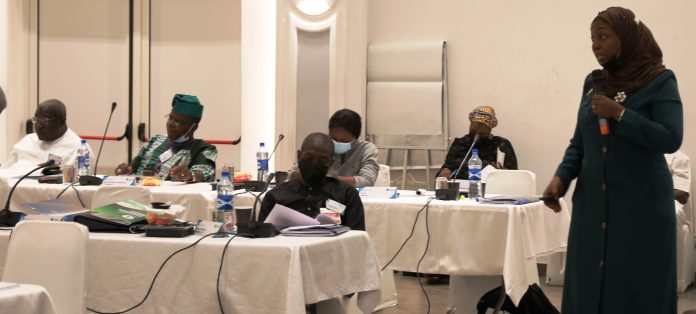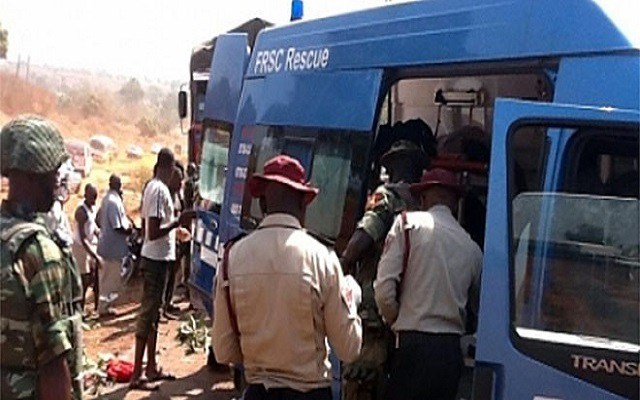EFCC Charges Members Of Boards Of Federal Agencies On Accountability
The Chairman, Economic and Financial Crimes Commission, EFCC, Abdulrasheed Bawa, today May 20, 2021 charged members of the boards of federal parastatals, commissions and agencies to make transparency and accountability their watchword.
The EFCC boss gave the advice at Fraser Suites Abuja, while presenting a paper on the Role of the EFCC in the Prevention of Economic and Financial Crimes in the Public Sector, as part of induction activities for the new board members, organized by the Bureau of Public Service Reforms, BPSR.
Bawa who was represented by his Chief of Staff, Hadiza Gamawa, informed the inductees that the EFCC was established with the mandate to fight economic and financial crimes, including corruption in the public sector. The mandate, he said, include powers to enforce all economic and financial crimes laws, and taking measures to prevent the commission of economic crimes, including corruption.
He said the enforcement function of the EFCC include “co-ordination and investigation of advance fee fraud, money laundering, currency counterfeiting, illegal charge transfer, future market fraud, fraudulent encashment of negotiable instrument, computer card fraud amongst others”.
Beside the enforcement activities, the EFCC chair disclosed that the agency had put in place various mechanisms to tackle corruption and financial crimes from the grass root level, through enlightenment and re-orientation programmes for schools, youth organizations including the NYSC (National Youth Service Corps) and interfaith anti-corruption committee.
“We have introduced measures to complement our enforcement mechanism and mitigate vulnerabilities that facilitate crime occurrence through intelligence led-investigations that denies the perpetrators of crimes, access and the liberty to enjoy stolen wealth,” he said.
He listed other measures by the Commission to check public sector corruption to include inter-agency collaboration with relevant stakeholders as well as fraud risk assessment on major institutions of government, particularly those that generates revenues, to identify fraud conduits and ensure the gaps are eliminated.





